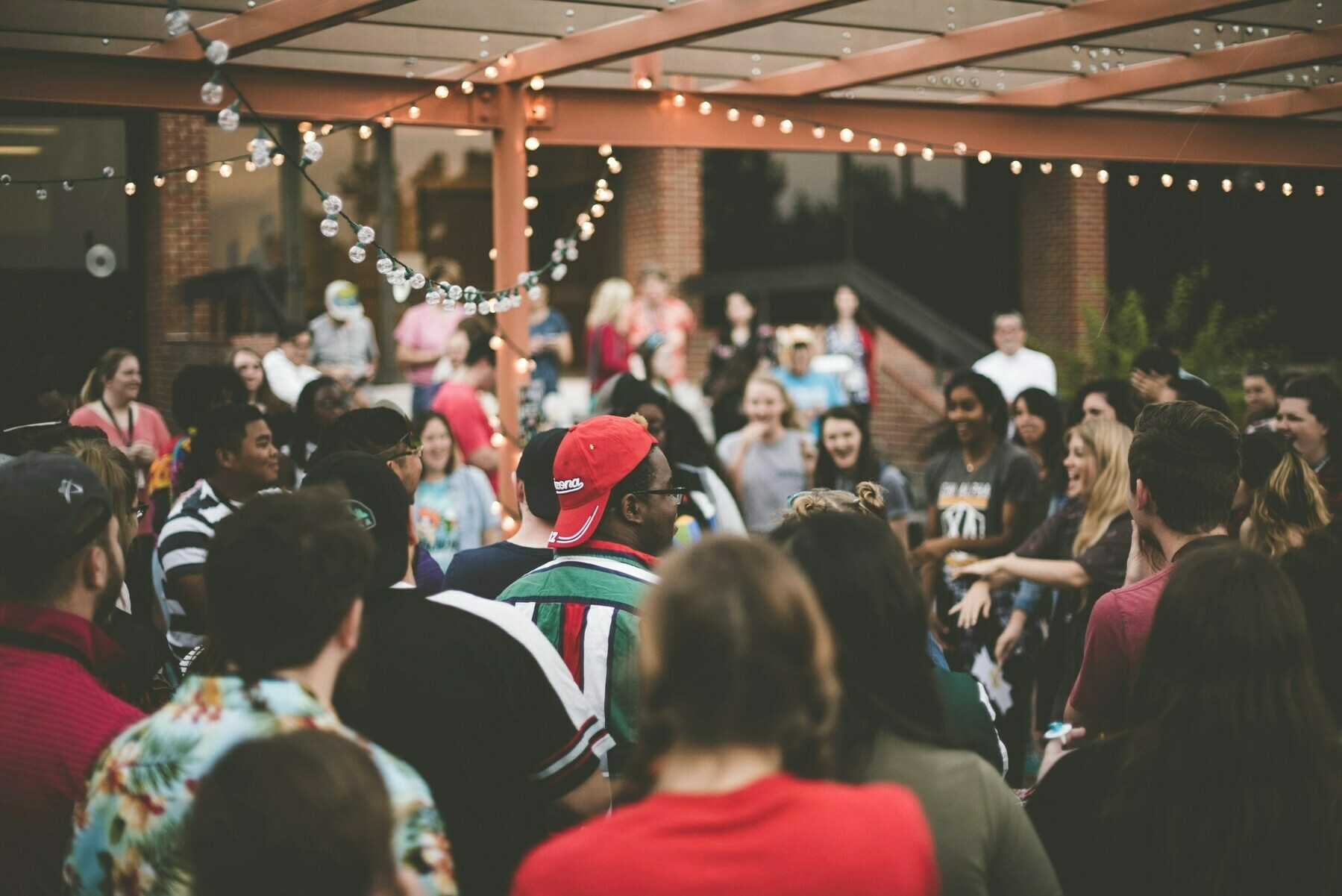You Will Be My People
Psalm 105:1-11, 37-45; Jeremiah 30:12-22; John 12:36-43
So you will be my people, and I will be your God. (Jeremiah 30:22, NIV)
This verse is couched in the midst of some of the harshest criticisms of the people of God in the whole Bible. Jeremiah, the weeping prophet, pulls no punches.
As you’re reading the whole thing feels so hopeless.
Until you get to verse 22.
You will be my people. I will be your God.
This is the refrain that connects what happened before Jesus with what happens after the resurrection. This is the message of hope. To be claimed by God as God’s. There is not much more beautiful than this.
It strikes me as I ponder this beautiful refrain how often I find myself trying to undo this.
If I’m honest with myself there are so many Christians (I just deleted the quotes from around Christian) that I don’t want to include. I am guessing that I’m not alone in this.
But, here’s the thing, at one of the darkest times in the history of the people of God when they had gone astray and God was about to judge them, God ultimately states, “You will be my people and I will be your God.” If God can forgive and if God can welcome the people back, who do I think I am to say that certain people shouldn’t be included?
In my frustration with my family in Christ I must remember that they are indeed family. These are people created in God’s image that God has declared, “You will be my people and I will be your God.”
Today I’m asking this question, “Will I love well even the people who I would prefer to not include at the family dinner?”
